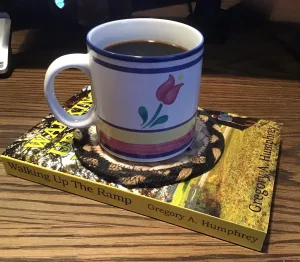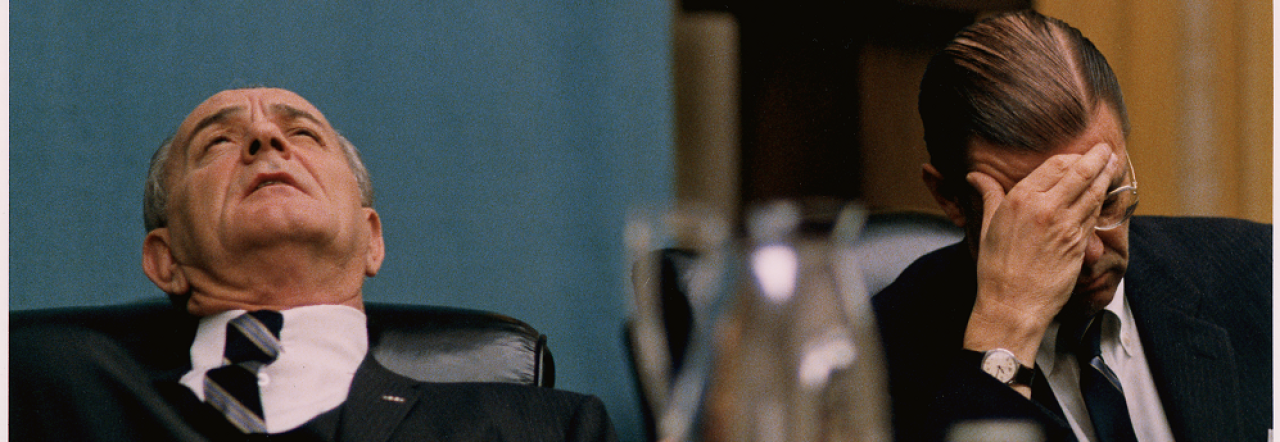This was another piece of news that I wanted to hear. This is why elections matter.
As a new administration is about to take over in Washington there will be more emphasis on this blog to world affairs, long an interest of mine, though I admit not always a topic that drives blog numbers. Be that as it may, my vote for Barack Obama was in large part driven by my belief about the need to transform our foreign policy into a united effort to foster stronger ties with the world community, and develop more constructive policies. As such I will post and comment on these issues in the months to come.
The reluctance of the Bush Administration to engage in diplomacy was perhaps the most fatal flaw that undermined the nation during the past eight years of Republican rule. Allowing the Pentagon and Dick Cheney to set the agenda was like allowing the tail to wag the dog.
The news in Tuesday’s New York Times paints the direction that the White House will lead the world under Barack Obama. When it comes to foreign policy our nation will again rely on special envoys to be dispatched to the areas of the world where disputes rage.
The incoming administration is also likely to name several envoys, officials said, reviving a practice of the Clinton administration, when Richard C. Holbrooke, Dennis Ross and other diplomats played a central role in mediating disputes in the Balkans and the Middle East.
The steps seem intended to strengthen the role of diplomacy after a long stretch, particularly under Secretary of State Colin L. Powell, in which the Pentagon, the vice president’s office and even the intelligence agencies held considerable sway over American foreign policy.
Given Mrs. Clinton’s prominence, expanding the department’s portfolio could bring on conflict with other powerful cabinet members.
Mrs. Clinton and President-elect Barack Obamahave not settled on specific envoys or missions, although Mr. Ross’s name has been mentioned as a possible Middle East envoy, as have those of Mr. Holbrooke and Martin Indyk, a former United States ambassador to Israel.
The Bush administration has made relatively little use of special envoys. Secretary of State Condoleezza Rice has personally handled most peacemaking initiatives, which has meant a punishing schedule of Middle East missions, often with meager results.
“There’s no question that there is a reinvention of the wheel here,” said Aaron David Miller, a public policy analyst at the Woodrow Wilson International Center for Scholars. “But it’s geared not so much as a reaction to Bush as to a fairly astute analysis of what’s going to work in foreign policy.”
With so many problems, including Pakistan, Iran and Afghanistan, Mr. Miller said it made sense for the White House to farm out some of the diplomatic heavy lifting.
In addition to the Middle East, one Democratic foreign policy adviser said, Mr. Holbrooke might be considered for an appointment as special envoy to Afghanistan and Pakistan, and possibly Iran. The adviser said the decision had not been made.
A transition official dismissed as “speculation” reports in Indian newspapers that Mr. Obama was considering appointing Mr. Clinton as a special envoy to deal with Kashmir issues.
But another transition official confirmed that Mr. Obama’s foreign policy advisers were discussing the possibility of appointing a special envoy to India. Mr. Steinberg, who is the dean of the Lyndon B. Johnson School of Public Affairs at the University of Texas, would probably coordinate the work of any special envoys, the official said.
The recruitment of Mr. Lew — for a position that was not filled in the Bush administration — suggests that Mrs. Clinton is determined to win a larger share of financial resources for the department. A well-connected figure who was once an aide to Speaker Thomas P. O’Neill, Mr. Lew now works for Citigroup in a unit that oversees hedge funds.
“If we’re going to re-establish diplomacy as the critical tool in America’s arsenal,” a senior transition official said, “you need someone who can work both the budget and management side. He has very strong relations on the Hill; he knows the inner workings of how to manage a big enterprise.”


Special envoys sound great, but before I dropped to my knees and gave thanks, I’d like to know when a special envoy from America, France, Russia, China, the U.N. or any other place has ever been successful. When has any raging dispute ever been solved by a “special envoy.” To me, “special envoy” is another word for “stalling tactic,” which is fine since no action is often better than wrong action. But lets not deceive ourselves into thinking that any of the world’s probelms are going to appear any more clear to Obama than they did to Carter, Clinton, or either Bush.
Perhaps the best special envoy Obama could develop would be another carrier battle-group or new infantry combat brigades. This is what brought success in the Balkans and what would bring success in Darfur.
Would be nice to live in a world of reason, but this ain’t it.
The U.S. envoy to the Balkans is a perfect example.
I think that Kissinger negotiating with the Vietnamese, or RN and his famous meeting with Mao, or even Thatcher/Reagan understanding Gorbachev was someone they could confer with shows that diplomacy is our most powerful weapon. In many if not most cases, it requires the extraordinary attention plus the energy of a special envoy. I am truly pleased with this turn of events in the bureaucratic system of foreign policy making. I hope that in the months to come, in a humble way, I can say “I told you so” and we can both say that the world is moving in a better direction.
I hope you can say “I told you so”, too. After all, I have as much t gain or lose as you do. Gorbachev had to confer with Reagan/Thatcher because they had demonstrated strength and the willingness to apply strength. So before Obama’s special envoy’s can be successful, he will need to demonstrate strength in less tidy diplomatic situations. Let’s face it, the enemies of America will likely want to know if he is the soft, code-pink chicken the right fears he is. Looking at his statements regarding cutting defense spending, eliminating nuclear weapons–at least new models, eliminating new weapons systems, etc…is likely to make them believe there is some opportunity for them. The dark sponsors of terror are more likely to avoid conflict with Bush/Chaney because they knew these guys didn’t give a crap about their “causes” and self-inflicted victimhood; they knew Bush’s tendency was to smash them if they hit us, not listen.
Either way, we’ll both have to wait and see. For example, The Obamalamadingdong has said that Iran with nukes is unacceptable. 2010 is fast upon us. I sure hope his special envoy can work some magic.